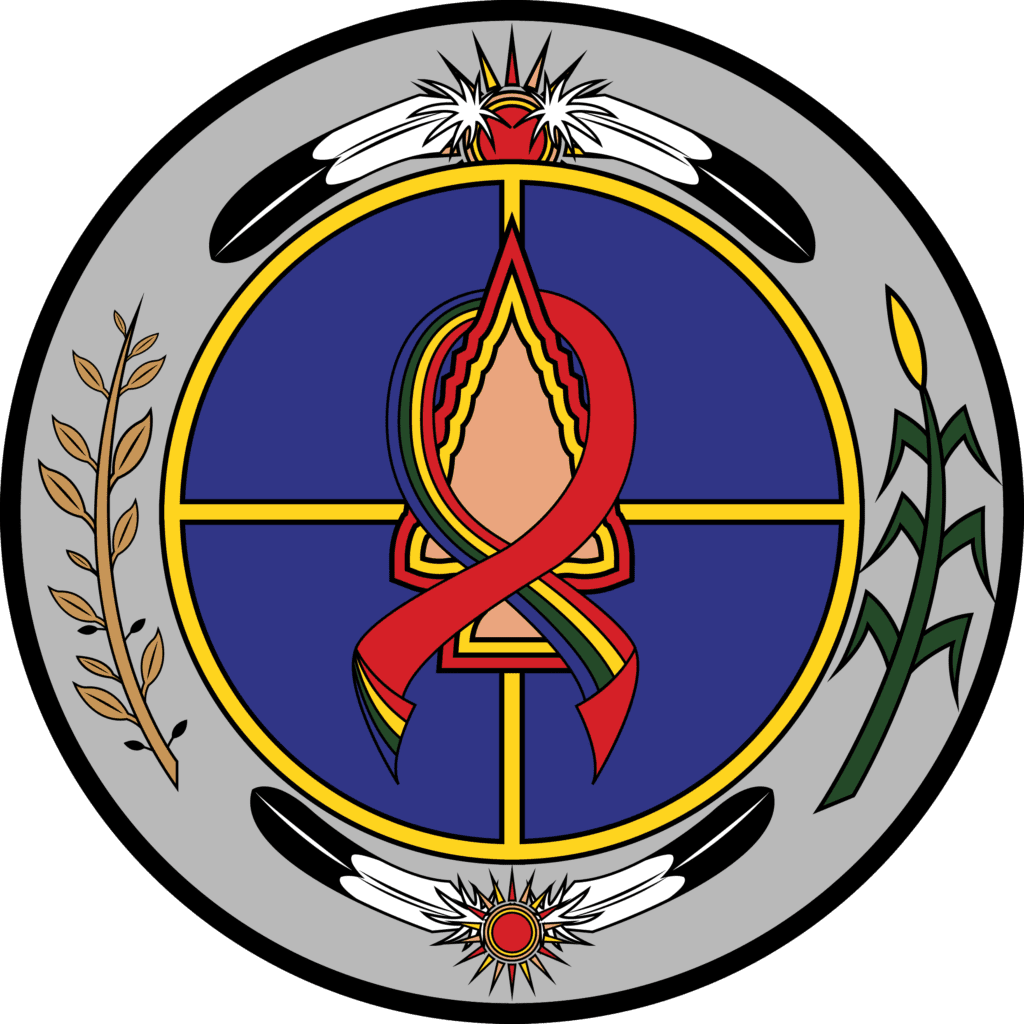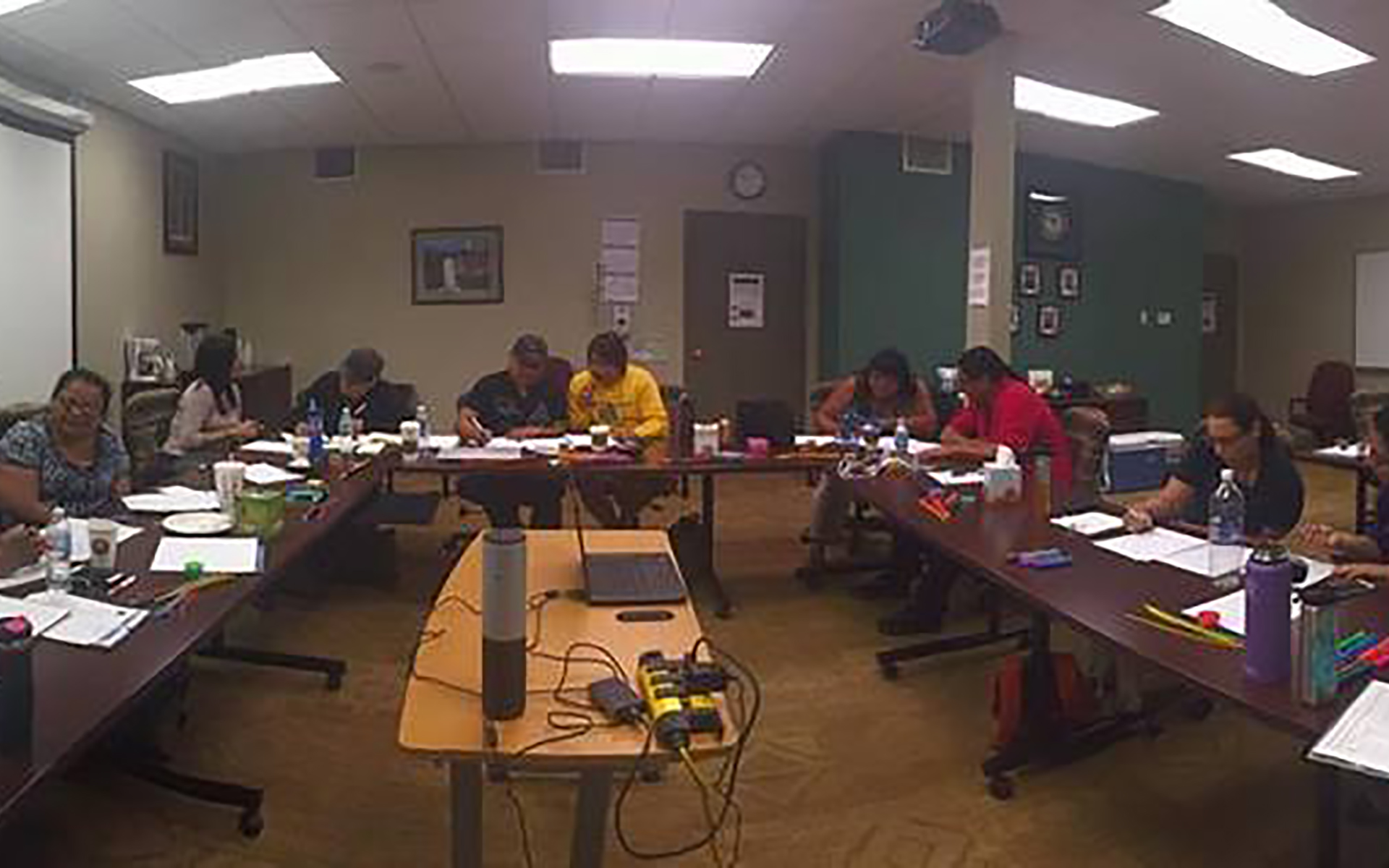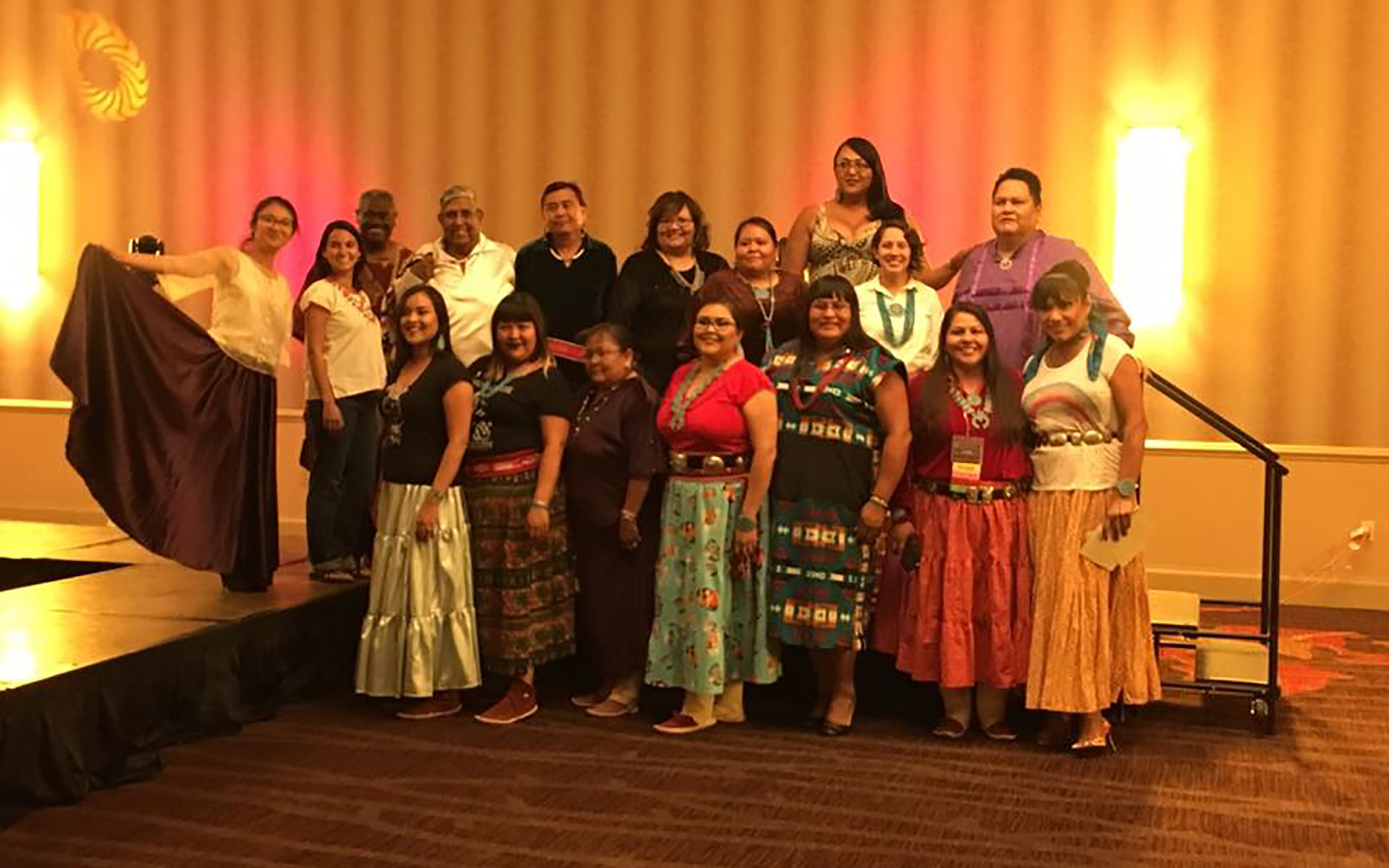About
The Circle of Harmony HIV/AIDS Wellness Conference (COH) is a unique event. It is the only conference of its kind devoted to addressing HIV/AIDS services and related syndemic impacts from a distinctly Indigenous perspective. COH is coordinated by the Albuquerque Area Indian Health Board's Community Health Education and Resiliency Program with input from experts i the field of HIV and members of the National Native HIV Network.
The use of storytelling, the Talking Circle, and presentations on prevention, treatment, biomedical strategies, and/or approaches that are specific to American Indian/Alaska Native (AI/AN) and Native Hawaiian/Pacific Islander (NH/PI) communities are not found in any other conference of this type. The Circle of Harmony weaves cultural practices throughout the agenda to provide a safe and nurturing space for everyone for sharing personal experiences, thoughts, and feelings about the many challenges encountered when addressing HIV/AIDS.
AI/AN and NH/PI communities have come to trust and accept the tenants of this conference because of the culturally appropriate way topics are presented at the conference.
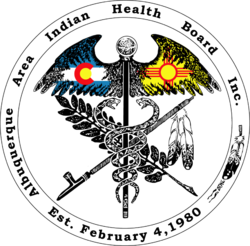
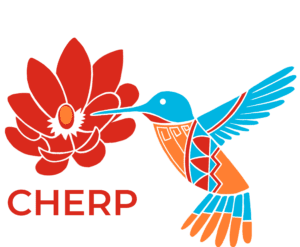
History
In the early 1980s, HIV was considered an urban, “gay white man’s disease” which would never reach remote tribal communities, villages, or islands and would therefore never affect American Indian/Alaska Natives and Native Hawaiian/Pacific Islanders. Risk factors for HIV, such as sexual orientation and sexual behaviors, were and still are topics not easily discussed within Indigenous communities. Therefore, few individuals or organizations were educated about HIV or risk behaviors associated with transmission, especially sex without barriers.
Since its inception in 1999, the Circle of Harmony HIV/AIDS Wellness Conference (COH) has sought to fill gaps in knowledge about HIV. Experts familiar with HIV prevention, testing, care, biomedical strategies, and Native communities have been recruited to present at the conference. Health educators, community health representatives, harm reduction specialists, medical professions, and others who work directly with AI/ANs and NH/PIs are invited and encouraged to attend the conference. Tribal leaders are also strongly encouraged to attend to learn about factors that put their own community members at risk of HIV infection.
